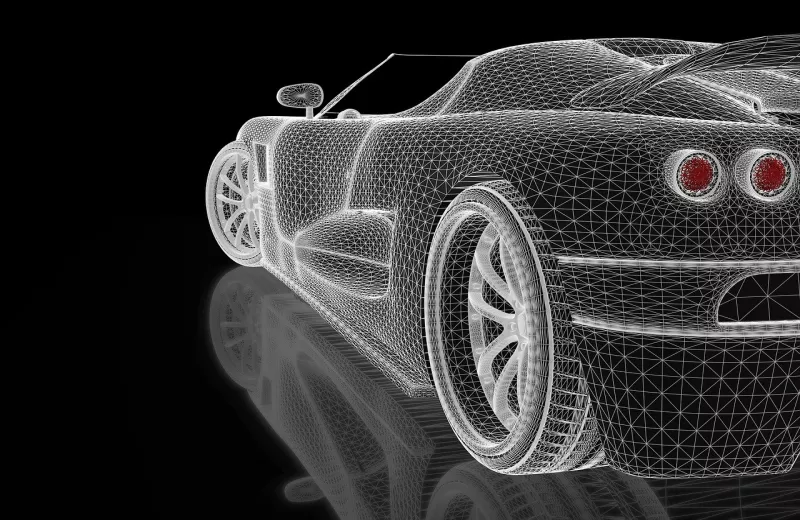Floating Solar Panels: A Game-Changer Near the Equator
In a groundbreaking move, the world’s largest floating solar farm is set to be constructed near the equator. As reported by Yahoo News, this innovative project Yahoo News will harness the sun’s power more efficiently due to its strategic location. Floating solar panels, also known as “floatovoltaics,” are not a new concept, but placing them near the equator will maximize their energy absorption capabilities. This venture promises to be a significant step forward in the global shift towards renewable energy.
First Solar’s Expansion: A New Factory in Louisiana
The renewable energy sector is witnessing rapid growth, with companies expanding their operations to meet the increasing demand. One such company, First Solar, is set to open a new factory in Louisiana. As highlighted by Phoenix Business Journal, this expansion will bolster the company’s production capacity, ensuring that it can cater to the growing needs of its clientele. The new facility is expected to generate numerous job opportunities, further boosting the local economy.
Louisiana’s Carbon Capture Quest: A Multi-Million Dollar Grant
Louisiana is not just witnessing a surge in renewable energy projects; the state is also at the forefront of carbon capture technology. With a generous grant of $603 million from the federal government, Louisiana aims to become the carbon capture capital of the nation. This initiative, as detailed by MSN News, will significantly reduce carbon emissions, making the environment cleaner and safer.
Biden Administration’s Commitment: Billions for Carbon Capture Projects
The Biden Administration shows unwavering support for carbon capture projects, directing $1.2 billion towards initiatives in Louisiana and Texas. The Louisiana Illuminator sheds light on the Direct Air Capture (DAC) hubs set to be established on the Gulf Coast. These hubs will be able to remove 2 million metric tons of CO2 annually, equivalent to the emissions from 500,000 cars. Despite some criticisms regarding the energy consumption of DAC technology, its potential benefits in carbon reduction are undeniable. The Biden Administration’s funding continues, with plans to finance two more DAC hubs in the coming year.

Andre Rogers has been a content and opinion writer for many popular online publications over the years. Andre is now our chief editor at Louisiana Informer. Andre specializes in current trends and technology.


